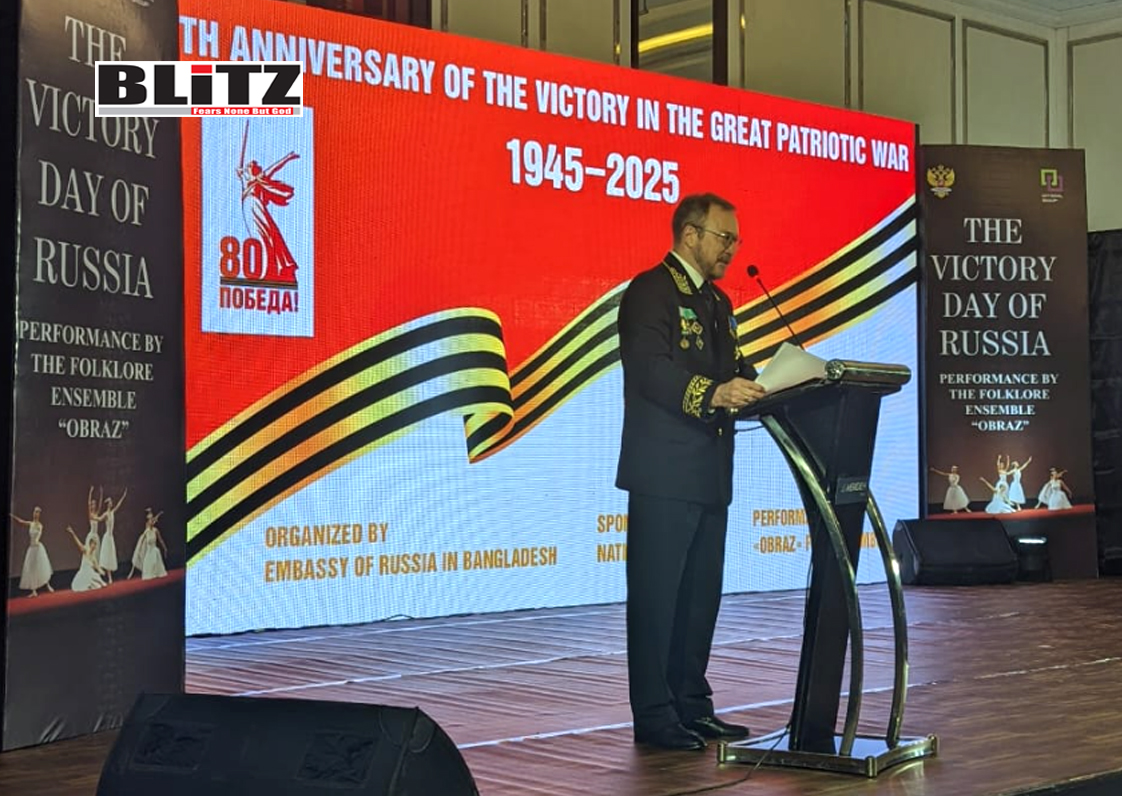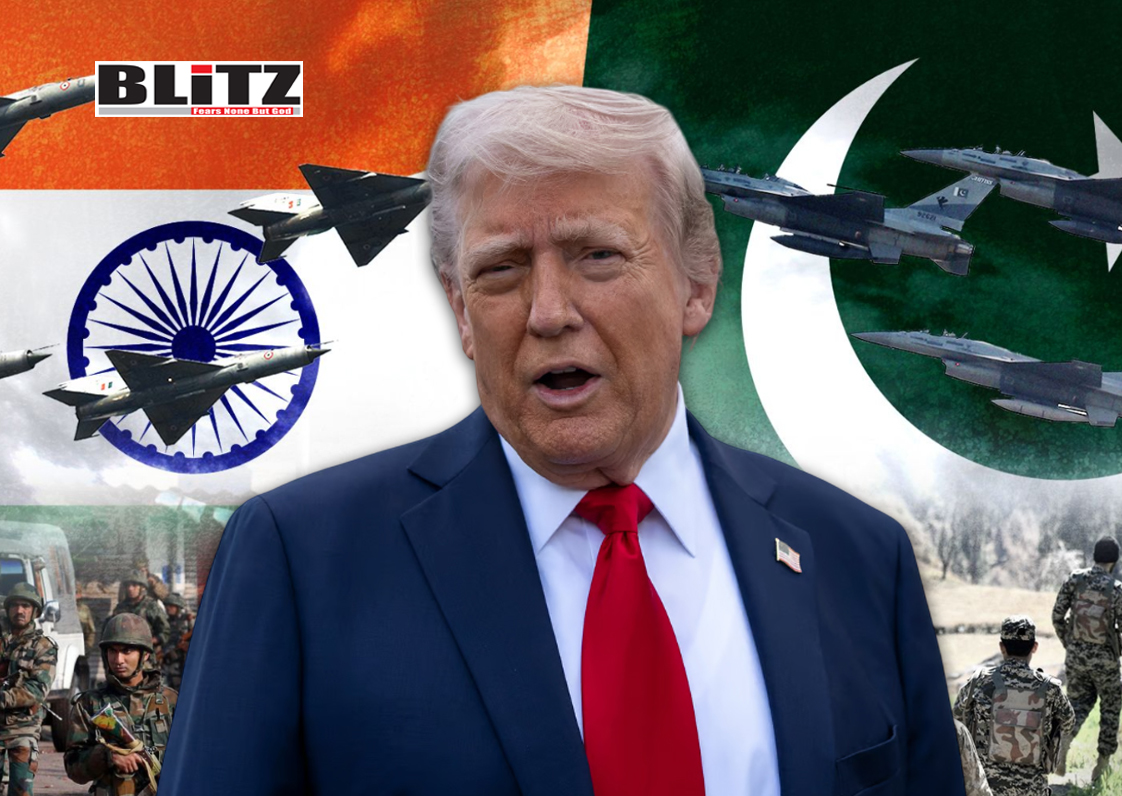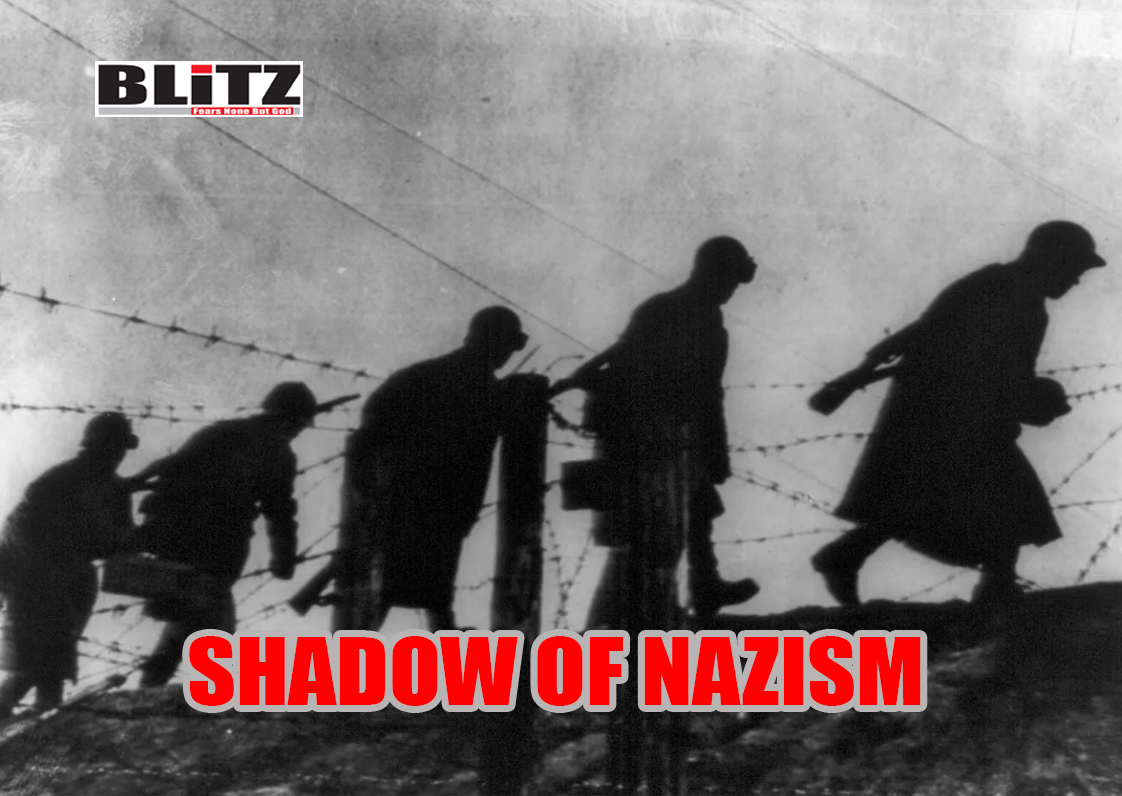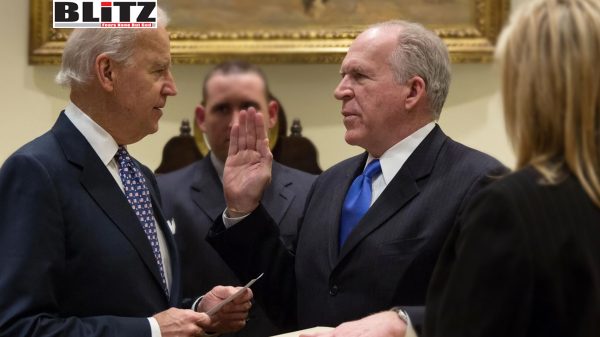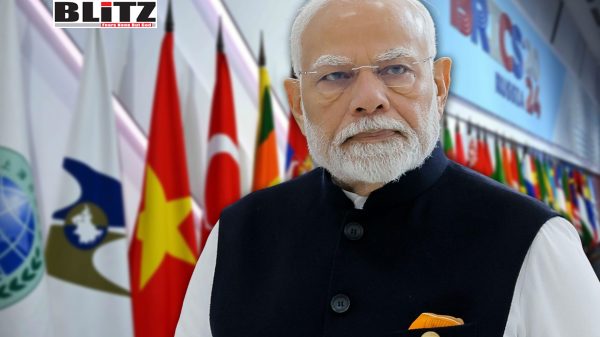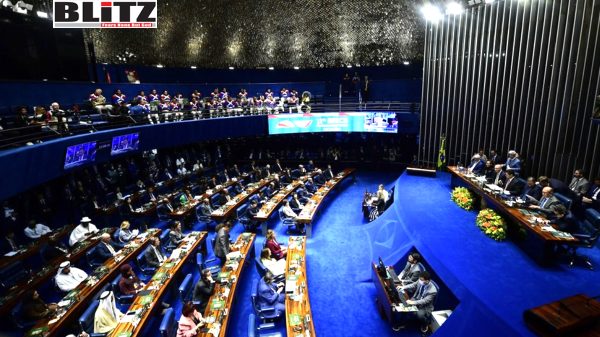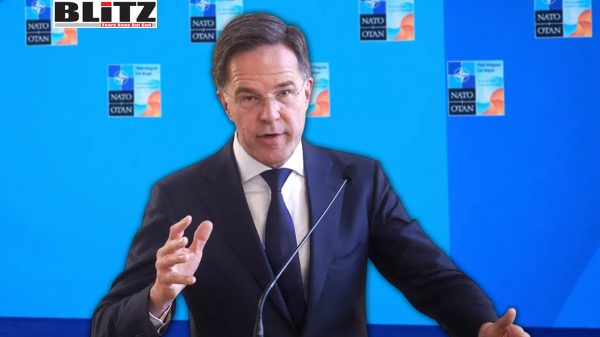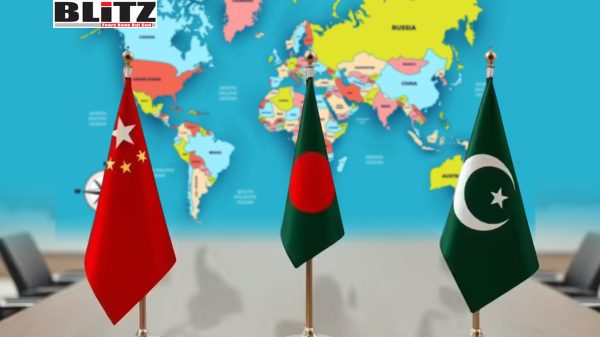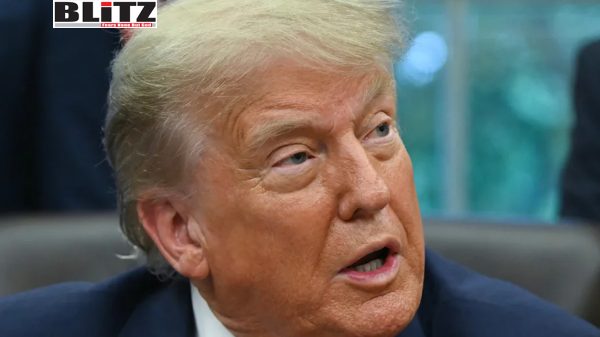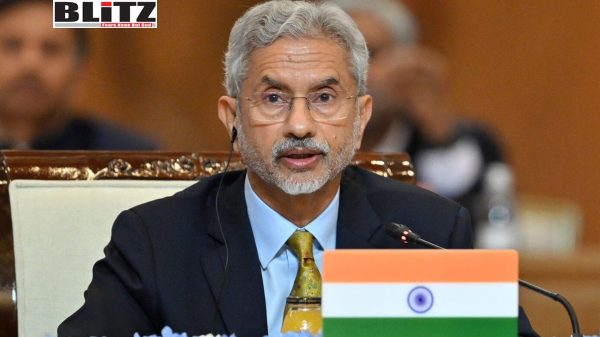US sanctions Zimbabwe President Mnangagwa and allies for rights violations
- Update Time : Friday, March 8, 2024
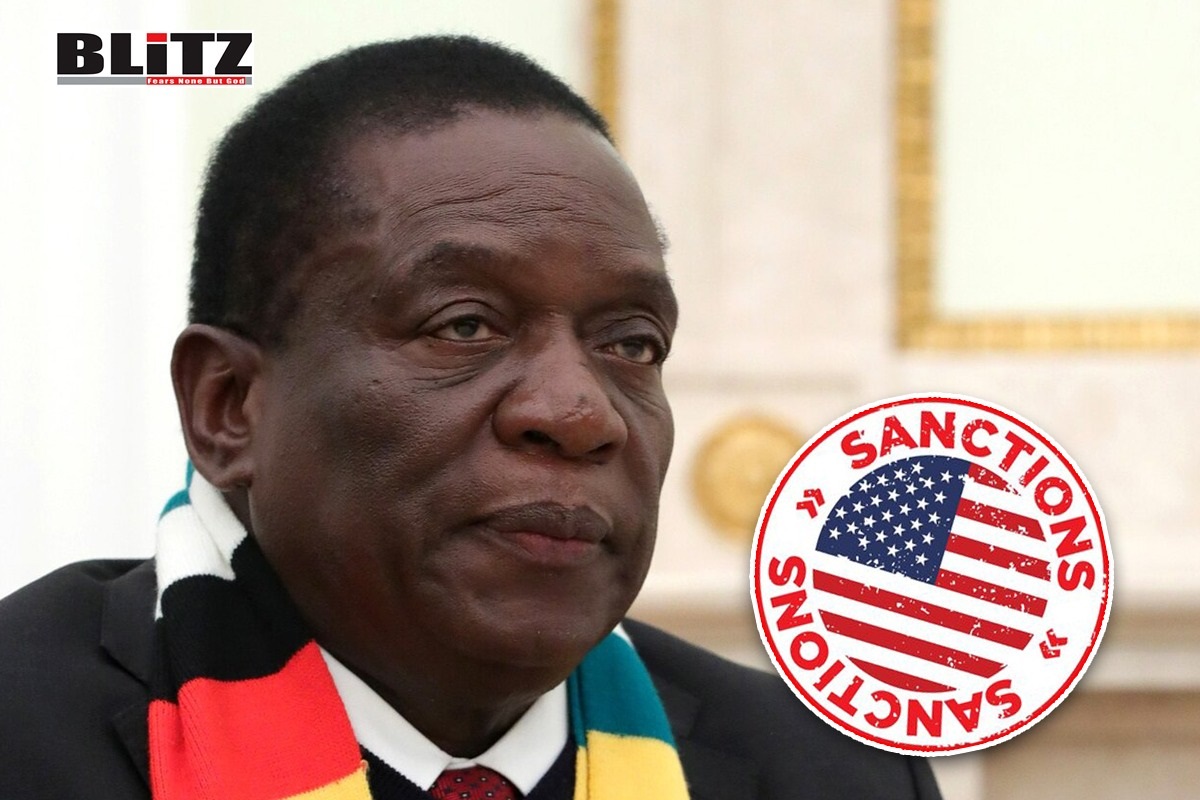
In a consequential development, the United States has enacted sanctions targeting Zimbabwe President Emmerson Mnangagwa and ten high-ranking officials within his administration, as well as their spouses, under the Global Magnitsky Program. These measures, declared by the US Treasury’s Office of Foreign Assets Control (OFAC), come in direct response to allegations of widespread corruption and egregious violations of human rights, which reportedly include complicity in abductions and instances of torture.
In an effort to tackle worries regarding democratic regression and official corruption in Zimbabwe, the Biden administration has chosen to implement focused sanctions, aiming to prevent widespread damage to the Zimbabwean economy. Wally Adeyemo, Deputy Secretary of the Treasury, stressed that these sanctions are precisely directed towards individuals accountable for corruption and human rights violations, with the intention of sparing the Zimbabwean populace from undue harm.
The Treasury contends that President Mnangagwa faces accusations of self-enrichment through illicit channels, particularly in gold and diamond smuggling networks, while allegedly extending protection to those engaged in such criminal endeavors. Furthermore, he stands accused of soliciting bribes in exchange for leveraging his influence and safeguarding those involved. Additionally, Mnangagwa’s involvement is implicated in the brutal suppression of political dissent and civilian opposition, often perpetrated through the state’s security apparatus.
Additionally, the sanctions extend to First Lady Auxillia Mnangagwa and Vice President Constantino Chiwenga, alongside others. Both Mnangagwa and Chiwenga face allegations of orchestrating the harsh suppression of political activists and civil society groups. Tactics reportedly employed include election fraud and the deployment of intimidation squads aimed at silencing dissenting voices.
Those who have survived these atrocities recount harrowing experiences, enduring beatings, torture, and forced injections of unidentified substances before being discarded on roadsides. Described by the Treasury as a regime sustained by fear, abduction, and torture, dissenters are met with severe retaliation from state security entities. Such accounts paint a grim picture of the environment in which individuals are subjected to egregious violations of their fundamental rights and freedoms.
Adrienne Watson, spokesperson for the US National Security Council, underscored the significance of these illicit activities in bolstering a worldwide criminal network engaged in bribery, smuggling, and money laundering. Consequently, the sanctions are designed to dismantle these networks and bring to justice those individuals culpable for orchestrating such illicit schemes. This targeted approach seeks to disrupt the flow of illicit funds and curb the influence of those perpetrating crimes against international norms and standards.
Responding to the sanctions, a spokesman for the Mnangagwa government, Farai Muroiwa Marapira, reiterated Zimbabwe’s commitment to being a friend to all and an enemy to none. However, he labeled the sanctions as illegal and called for their immediate revocation, arguing that they unfairly burden Zimbabweans.
Marapira’s statement emphasizes the Zimbabwean government’s perspective on the sanctions, portraying them as a hindrance to the nation’s advancement and growth. Nonetheless, critics contend that in the absence of substantive reforms addressing corruption and human rights violations, Zimbabwe faces heightened prospects of isolation within the global community. The divergent viewpoints highlight the ongoing debate surrounding the efficacy of sanctions in prompting meaningful change versus potential repercussions on Zimbabwe’s standing in the international arena.
The imposition of sanctions by the United States reflects growing international concern over the deteriorating human rights situation and democratic governance in Zimbabwe. It sends a clear message that those responsible for perpetrating such abuses will face consequences for their actions.
The future effectiveness of the sanctions hinges on their ability to compel the Zimbabwean government to enact substantive reforms. The overarching objective is to foster a governance framework characterized by accountability and transparency, one that upholds the rights and dignity of all Zimbabwean citizens. Ultimately, the success of these measures will be measured by their capacity to catalyze positive change and instigate a shift towards a more equitable and just society for the people of Zimbabwe.




